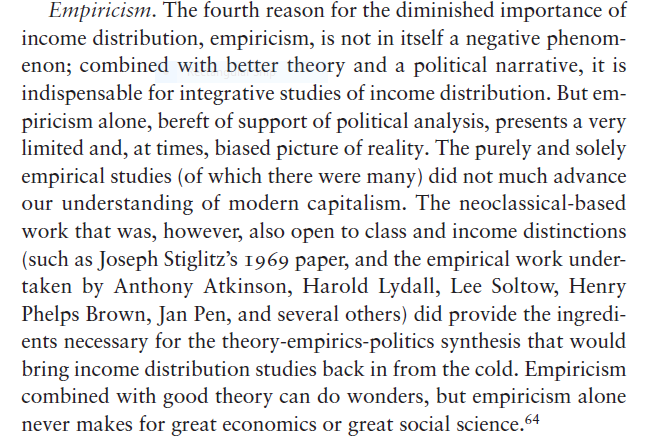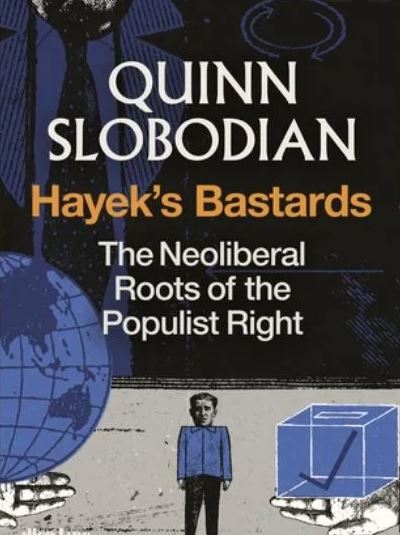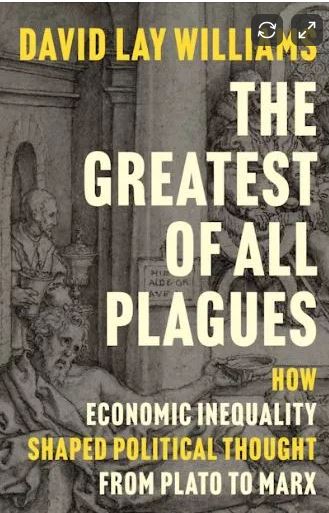After watching a recent talk by Margaret McMillan on the Paris Peace Conference in 1919...
pandemoniumu.com/library/how-th…
pandemoniumu.com/library/how-th…
and reading a nice piece on the economic impact of the Conference by a colleague, I reread parts of Etienne Mantoux's "La paix calomniee".
It is a long and v. detailed book. In many instances (data, forecasts) he shows that Keynes was wrong.
It is a long and v. detailed book. In many instances (data, forecasts) he shows that Keynes was wrong.
Yet the book also showcases the ineffectiveness of many such "debunking" books. The strength of "The ECP" was not in the estimates of Belgian coal production, but in seizing on the political madness of the treaty & in the use of powerful imaginary.
Keynes was always served well by his ability to deploy the language as a weapon and to focus on the key issue. So he comes out almost entirely unscathed after 300 pages of continuous attack.
(And even Mantoux has to agree the Treaty was politically unwise).
(And even Mantoux has to agree the Treaty was politically unwise).
• • •
Missing some Tweet in this thread? You can try to
force a refresh








